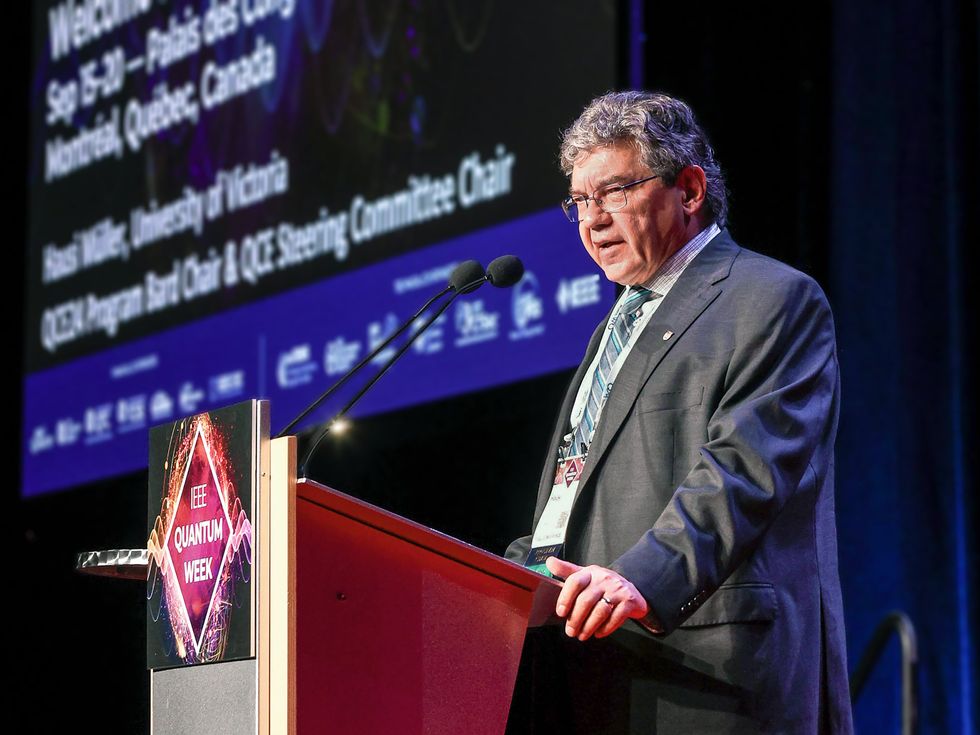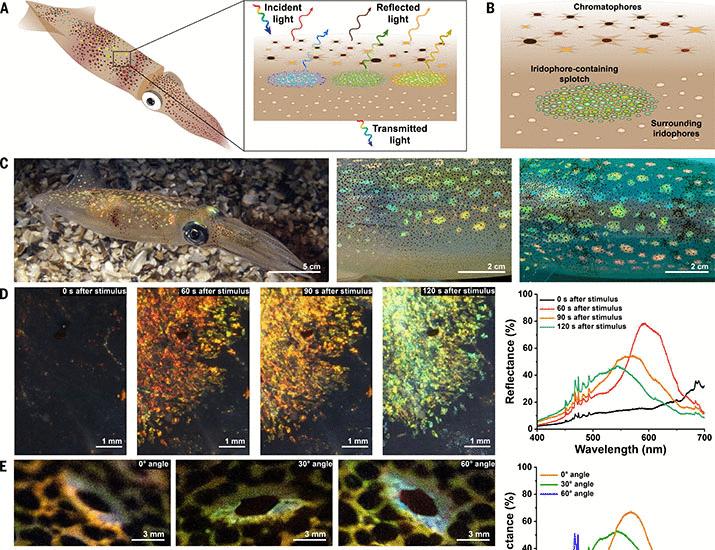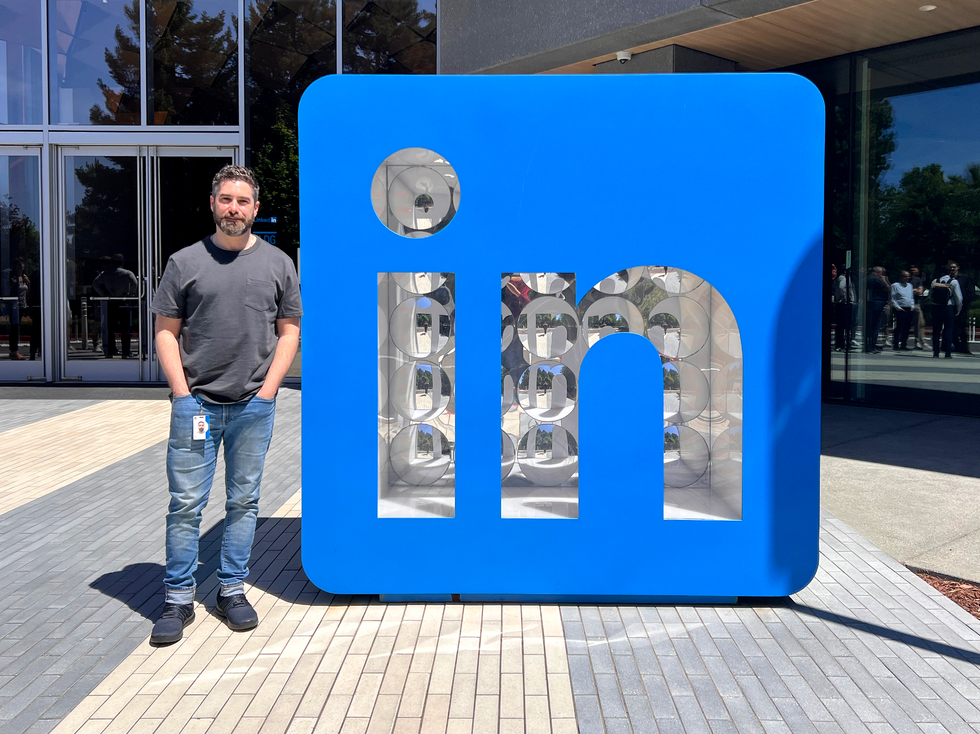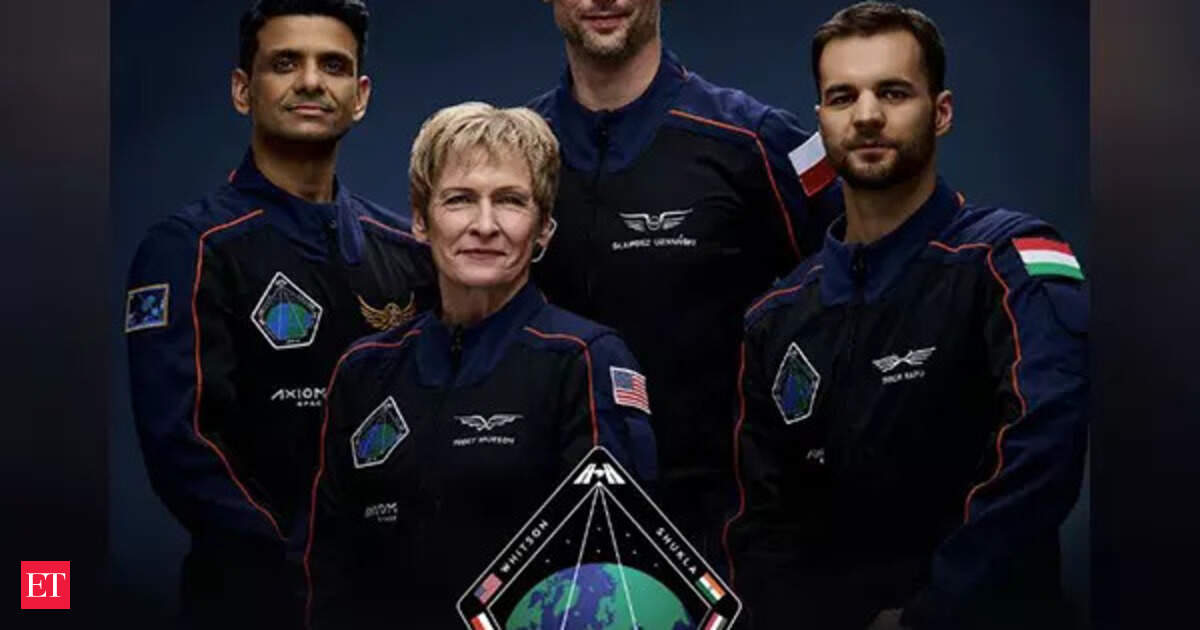Now Reading: Advancing Quantum Science: Hausi Müller’s Journey
-
01
Advancing Quantum Science: Hausi Müller’s Journey
Advancing Quantum Science: Hausi Müller’s Journey

When Hausi A. Müller began conducting research on quantum computing a decade ago, he was excited about the technology’s possibilities for engineering and computer science applications. Quantum computing leverages the principles of quantum mechanics to tackle problems that are beyond the capabilities of classical computers.
Although it’s been 100 years since the discovery of quantum mechanics, applications for how to use it are just now becoming a reality. The technology is expected to advance the fields of artificial intelligence, cybersecurity, drug discovery, finance, and more.
Hausi A. Müller
Employer:
University of Victoria, in British Columbia, Canada
Title:
Professor of computer science
Member grade:
Life senior member
Alma maters:
ETH Zurich and Rice University, in Houston
“I felt like a kid in the candy store,” says Müller, a software engineering professor at the University of Victoria, in British Columbia, Canada. “With quantum computing, you can now simulate things quickly that were not possible to do before. In drug discovery, for example, you can play with molecules on your computer and explore new ideas without physically synthesizing compounds in a lab, saving both time and resources.”
The IEEE life senior member has always been confident that quantum science would take off. An active volunteer for more than 40 years, he persuaded IEEE in 2019 to become more involved in the science and engineering of quantum computing technologies. What began as the IEEE Future Directions Quantum Initiative—with support from a handful of IEEE organizational units—evolved into the IEEE Quantum Technical Community last year, with the support of 11 units.
In 2020 he helped found IEEE International Conference on Quantum Computing and Engineering (QCE), part of the annual IEEE Quantum Week, which he also founded, to provide a multidisciplinary and open forum for discussing the technology’s challenges and opportunities.
Müller’s and IEEE’s efforts to advance quantum computing have not gone unnoticed. In February, Müller, IEEE President Kathleen Kramer, and other dignitaries attended a UNESCO ceremony in Paris, where the agency designated 2025 as the International Year of Quantum Science and Technology.
Software and quantum computing researcher
Müller became interested in software about halfway through his bachelor’s degree program in electrical engineering at ETH Zurich, he says. He was inspired by one of his professors, Niklaus Wirth, a Swiss computer scientist who designed Modula, Oberon, Pascal, and other programming languages.
“In electrical engineering, you have these nice little parts to experiment with in the lab. But in software, experiments are done with paper and pencil, and you can build amazing machines quickly,” Müller says. “That’s what really attracted me to software engineering.”
After graduating in 1979, Müller joined ABB, a global electrification and automation technology company headquartered in Zurich. He was responsible for building a database management system on PDP-11 computers for the central control systems. He was part of a team developing power control and supervision systems for Colombia, Singapore, and Sweden.
Müller says he believed that an advanced degree would further his career, and he wanted to conduct research into the evolution of software. In 1982 he enrolled at Rice University, in Houston, to pursue a master’s degree in computer science, which he earned in 1984. He enjoyed being there so much, he says, that he stayed on to earn a Ph.D. in the same subject in 1986.
It was while teaching programming courses at Rice that he decided to transition to a career in academia, but he still kept a foot in the industry. He conducted research on high-performance computing and worked extensively with IBM, a relationship he has maintained for more than 30 years. He has served as a principal investigator for several collaborative research projects including the development of hybrid and distributed quantum computing software using IBM’s Qiskit.
He left Rice in 1986 to join the University of Victoria as a professor of computer science. During his nearly 40 years there, he has served as associate dean of research for a decade. He is the founding director of the accredited software engineering bachelor’s degree program.
His research has mostly focused on software engineering for self-adaptive systems, smart software systems, the Internet of Things, and intelligent cyber-physical systems. Today he is primarily focused on quantum computing. More than 60 of his papers are in the IEEE Xplore Digital Library.
He is a principal investigator of a large grant from the National Sciences and Engineering Research Council of Canada. The council is assembling a Quantum Software Consortium, an interdisciplinary research program that aims to develop methods and software for distributed quantum computing in Canada.
A quantum forum
Müller is most proud of having created IEEE Quantum Week and the IEEE QCE conference. Now in its fifth year, the forum is more popular than ever. Last year IEEE Quantum Week took place in Montréal, drawing 1,600 participants from 52 countries, with 60 percent from industry.
This year, the event is scheduled for 31 August to 5 September in Albuquerque. Müller is the program board chair. IEEE Quantum Week 2025 will feature stellar exhibits, he says, with more than 250 technical papers, 150 posters, 35 tutorials, and 40 workshops, including ones for entrepreneurs and venture capitalists. The tutorials are designed to enhance the fundamental quantum computing skill sets needed by scientists and engineers, he says, and the workshops will feature experts from quantum communities.
“Some of the workshops collaborate throughout the year and then congregate again at Quantum Week,” he says. “I think the impact of these separate little communities that we started at Quantum Week is very powerful.
“Industry is very interested in talking to academia and, of course, the academics really want to talk to industry. From the outset, we designed IEEE Quantum Week to be a forum where this is possible. The activities bridge the gap between the science of quantum computing and the development of the industry surrounding it.”
Longtime IEEE Computer Society volunteer
Müller joined IEEE in 1979 during a membership drive for students at ETH.
“The opportunities for volunteering are what interested me, and I could see that it would benefit my career down the line. That has certainly been true,” he says. “I think the kind of volunteering we do within IEEE is super important for the next generation of engineers in universities, because the organization helps universities connect to what’s going on in industry.”
He is involved with the IEEE Computer Society and has served as chair of its Technical Community on Software Engineering, as well as vice president of its technical and conference activities board. He was a member of its board of governors and IEEE’s conferences committee.
In recognition of his Computer Society volunteerism, he received last year’s technical and conference activities board Distinguished Leadership Award for “unwavering commitment and exceptional contributions to software engineering, quantum computing, and IEEE CS’s technical activities.”
“I think I have had an impact on the profession by volunteering to organize events such as Quantum Week,” he says. “I like the conference business because people get together, exchange ideas, collaborate, and even work together on research grant proposals. I have always been passionate about creating and sustaining communities.”























